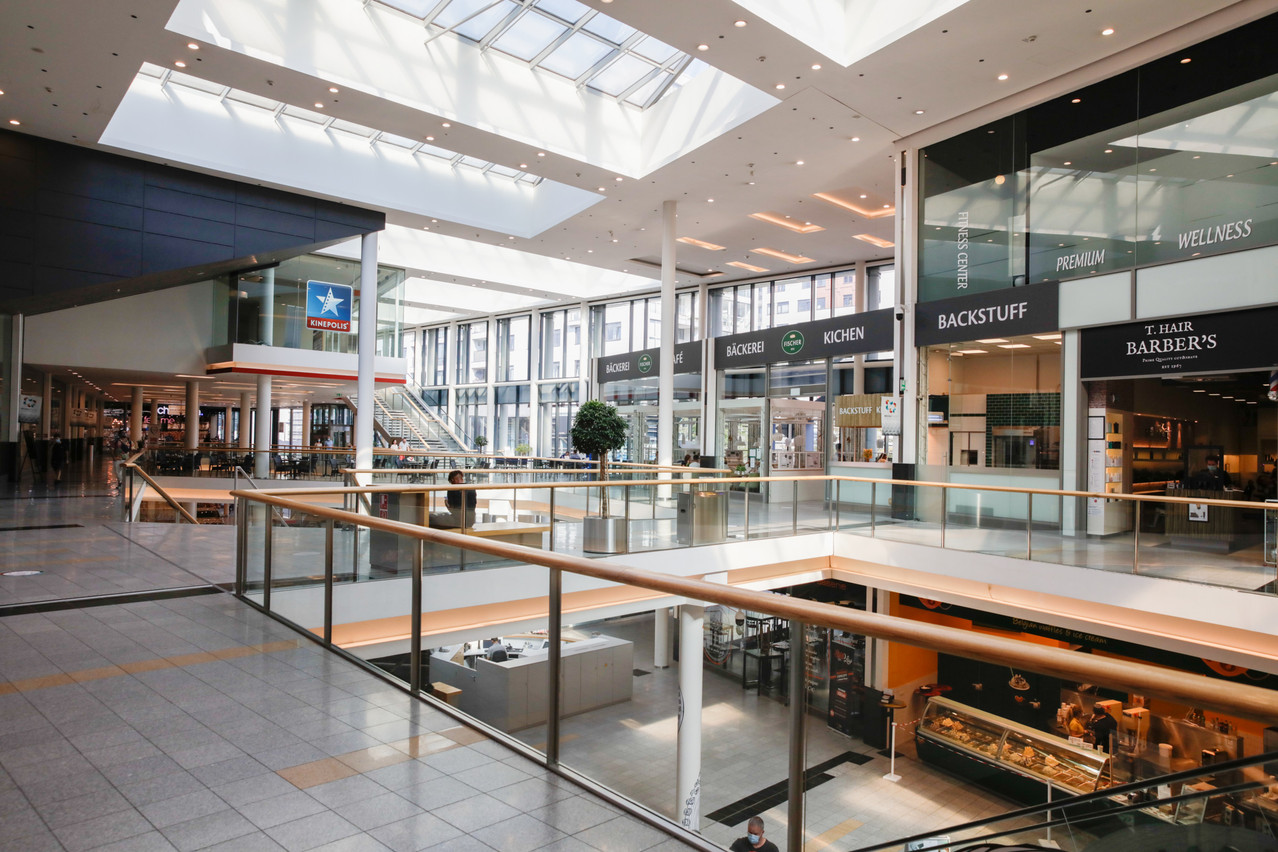The study, aiming to determine the effect of the pandemic on consumer behaviour, indicates that people in Luxembourg are moving towards more sustainable consumption patterns. More people are looking for local businesses or biodegradable or ecological products, the study said, without providing a specific number.
However, this change has not dethroned shopping centres from the top spot for customers with 61% of respondents in CBRE’s survey saying they go to a mall at least once a week. Being physically in a shop still holds a certain allure for shoppers with 71% saying that their last purchase was made in a store.
Online shopping has nevertheless increased its influence in the Luxembourg market during the pandemic. The CBRE survey shows that 60% of respondents have had packages delivered to their home at least once a month. The two types of shopping appear to coexist, allowing consumers more flexibility.
More than two thirds of respondents in the study (37%) stated they prefer to know that the online store that they are shopping in has a physical store for follow-up services such as returns or complains. This multi-channel approach is likely to lead to batter sales and customer loyalty, concludes the report.
Despite two thirds of those taking part in the CBRE survey saying their financial situation was not affected by the pandemic, those with the lowest income reported that they had met serious financial difficulties during the period. Overall, a majority of people is paying more attention to their bank balance, with 61% of respondents saying they are now more careful with prices.
